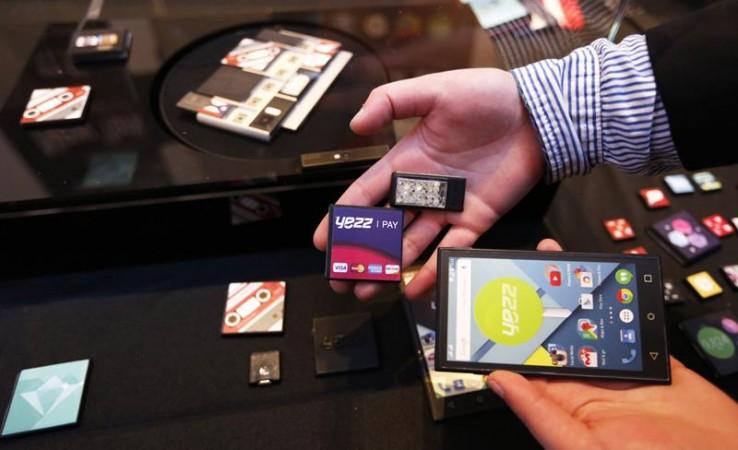
If you've been following the developments behind Google Project Ara's modular smartphone, chances are you know who Dave Hakkens is. Famous for being the man behind Phonebloks, which inspired Project Ara, Hakkens has just expressed his thoughts on Project Ara and what it has become.
Hakkens believes a lot has changed since the idea behind Phonebloks was conceived. The original modular smartphone platform was developed to eliminate electronic waste (e-waste) and would be a truly open platform where manufacturers could embrace it and develop components that were interchangeable.
With Google pulling the wraps off the prototype and attaching a release date to Project Ara, Hakkens took to his blog to pointed out three crucial changes to the concept.
The Phonebloks creator beleives the biggest change, which he consideres a "BIG DEAL," is that the platform is no longer as modular as initially conceptualised. While initially all the components could be swapped in or out, Google has now made the RAM, the processor, the display and the antenna a part of the system skeleton.
While Phonebloks was designed to ensure that one's smartphone never became obsolete, users will be forced to ditch their devices every few years with the current design, as 2GB RAM will just not be enough. Haakens was also unhappy about the fact that a broken screen would also effectively mean that the entire skeleton would need to be replaced.
Read More: DxO tests Moto G Plus camera; as good asthe iPhone 6s Plus
Hakkens was very happy with how the design has evolved to look more like what Phonebloks had been envisioned. He also said he believed the new design would result in longer lifespans.
What Hakkens wasn't happy with, though, was the fact that Google was now behind Project Ara.
"Originally their goal was to 'create a phone for the entire world', we loved this," Hakkens wrote. "Ara is built on open standards, and developers can develop their own modules. Which is great. It creates and ecosystem of modules. However, it isn't truly open."
Apparently Project Ara is controlled a little too much by Google, which, if it wished, could make a change to the way the modules are connected and effectively render all the modules designed for it obsolete.
"If Google truly wants to make a phone for the entire world, they should collaborate with others and make an open standard owned by the industry. Not one company, [sic]" Hakkens wrote.
Hakkens' advice to Google was to make a phone that's truly one for the entire world as opposed to one that sold well.

















